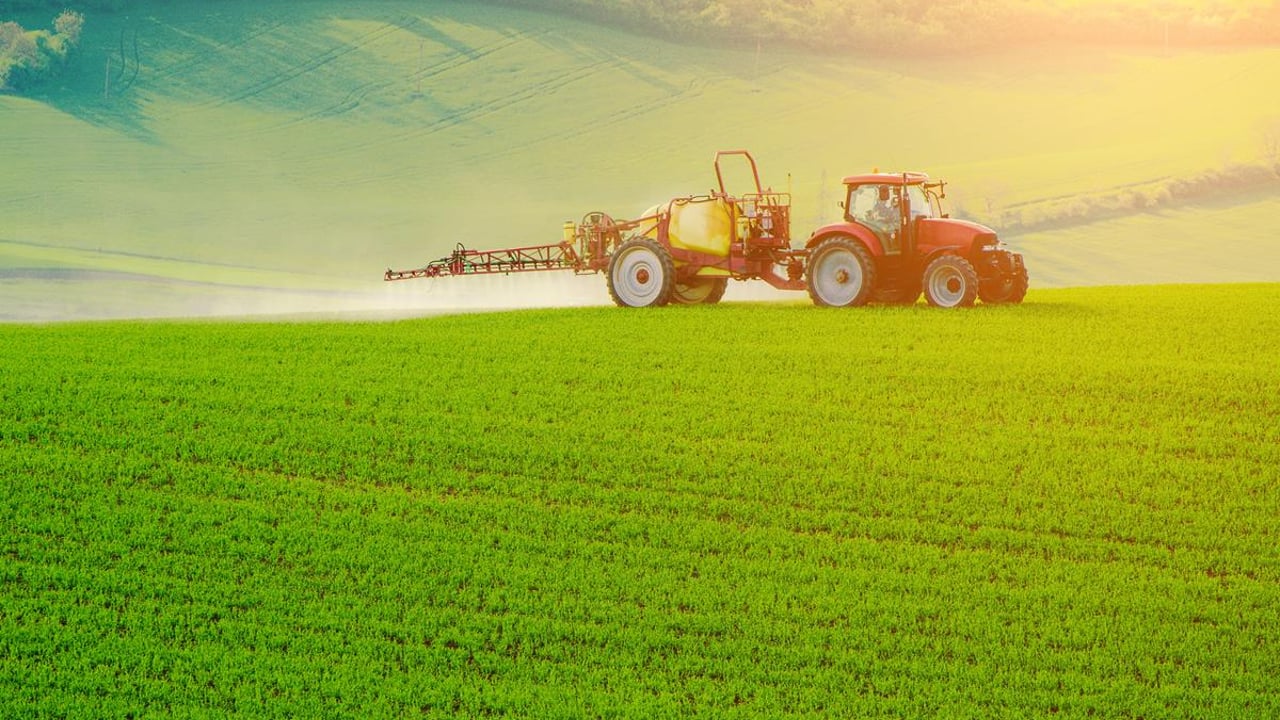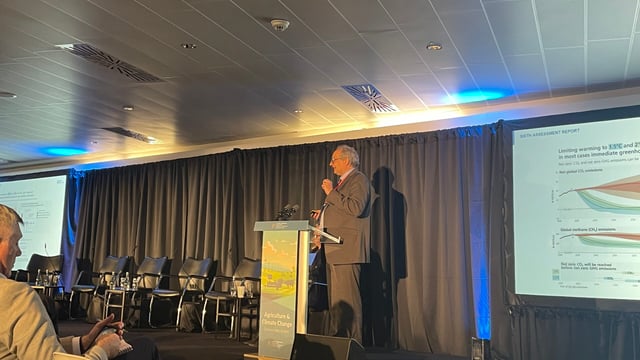EU Commission to renew approval of glyphosate
The European Commission will adopt a regulation that renews approval of glyphosate for plant protection purposes for 10 years in the EU.
EU member states did not reach the required qualified majority to either renew or reject the approval of glyphosate during a vote today (Thursday, November 16).
This follows on from an earlier vote in the Standing Committee on Plants, Animals, Food and Feed (SCOPAFF) on October 13, in which member states also did not reach the required majority to renew or reject approval.
In line with EU legislation and in the absence of the required majority in either direction, the commission is obliged to take a decision before December 15, when the current approval period expires.
The commission will now proceed with the renewal of the approval of glyphosate for a period of 10 years, subject to certain new conditions and restrictions.
The commission said that this decision is based on "comprehensive safety assessments" carried out by the European Food Safety Authority (EFSA) and the European Chemicals Agency (ECHA), together with EU member states.
These restrictions include a prohibition of pre-harvest use as a desiccant (substances that induce a state of dryness), and the need for certain measures to protect non-target organisms.
Member states are responsible for national authorisation of plant protection products (PPPs) containing glyphosate, and continue to be able to restrict their use at national and regional level if they consider this necessary, based on the outcome of risk assessments, particularly factoring in the need to protect biodiversity, the commission said.
According to the commission, an assessment carried out by the EFSA on the impact of glyphosate on the health of humans, animals and the environment did not identify critical areas of concern that would prevent a renewal of the approval.
The commission said that this assessment took into account all available information, both mandatory regulatory studies required by the EU law, and "an unprecedented" body of published scientific literature.
The EU regulatory system sets out a two-step process for the placing of PPPs on the market.
Following the approval of active substances at EU level, before any PPP containing them can be placed on the market or used, it must be individually evaluated and authorised in each member state.
As glyphosate had already been exceptionally granted for five years following assessments carried out between 2012 and 2017, this new approval will last for only 10 years, rather than the normal 15 years for which approval is typically granted for PPPs.
The following conditions will be attached to the approval:
- The prohibition for use as a desiccant (with the intention to control the time point of harvest or to optimise the threshing);
- The setting of maximum limits for five impurities in glyphosate (i.e. in the material manufactured);
- The requirement for member states to pay particular attention to specific aspects when carrying out risk assessments (e.g. the protection of small herbivorous mammals, such as voles, and non-target plants, such as wildflowers);
- The setting of maximum application rates that shall not be exceeded, unless the outcome of the risk assessment undertaken for the specific uses for which authorisation is applied for demonstrates that a higher rate does not lead to any unacceptable effects on small herbivorous mammals;
- An obligation for the applicant (glyphosate suppliers) to submit information on the possible indirect impacts on biodiversity within three years from the availability of an appropriate guidance document. The commission will request EFSA to develop the necessary guidance for this purpose.
The commission said that, based on an assessment of all available information, there is currently no evidence to classify glyphosate as being carcinogenic.
However, if new evidence emerges that would show that glyphosate does not meet the approval criteria for PPPs, the commission will "take action immediately" to amend or withdraw the approval if this is scientifically warranted.





